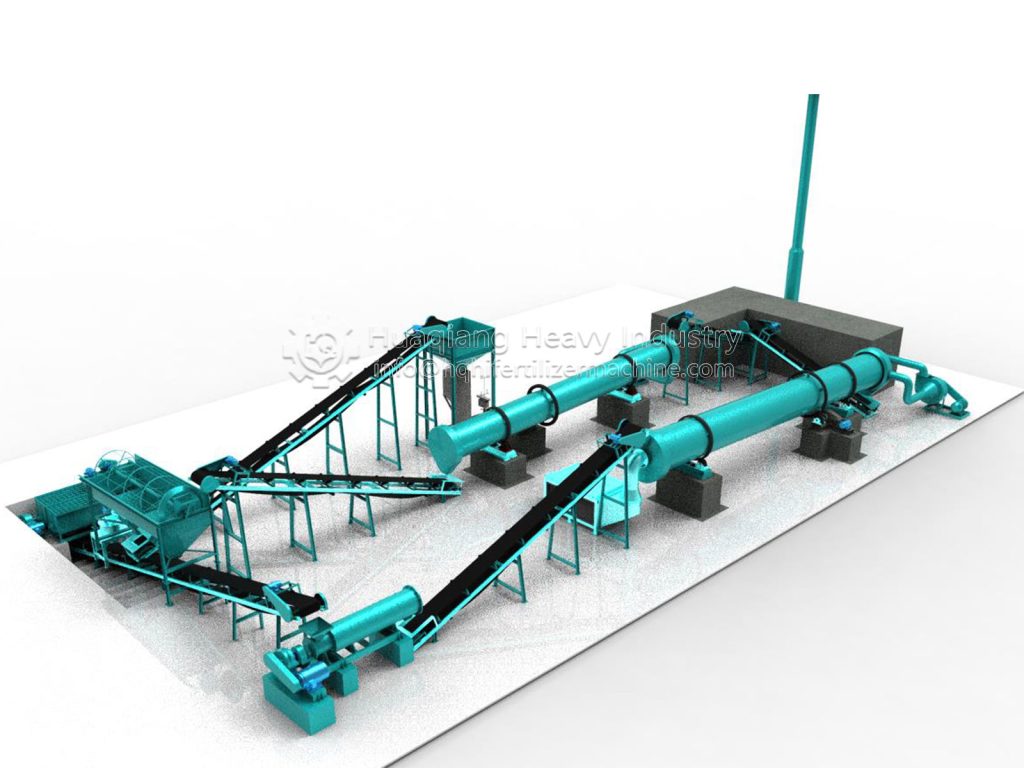In the process of agricultural modernization, bio-organic fertilizer production lines are playing a pivotal role and becoming a key force in promoting sustainable agricultural development.

From a resource utilization perspective, bio-organic fertilizer production lines are a magical link in “turning waste into treasure.” Agricultural waste, such as livestock and poultry manure, crop straw, and urban organic waste, is collected and transformed through bio-fermentation technology into bio-organic fertilizer rich in beneficial microorganisms and nutrients. This process not only reduces waste accumulation and pollution but also achieves a resource cycle, returning waste to the land to fertilize crops and reducing reliance on external resources.
They are also highly effective in improving soil quality. Long-term use of chemical fertilizers leads to soil compaction, acidification, and decreased fertility. The beneficial microorganisms in bio-organic fertilizers activate soil microbiota, promote the formation of aggregate structures, enhance water and fertilizer retention and air permeability, increase organic matter content, repair damaged soil, and create a favorable growing environment for crops.
From the perspective of improving the quality of agricultural products, they contribute significantly. Bio-organic fertilizers release nutrients slowly and over a long period of time, meeting the needs of crops throughout their growth period and avoiding the drawbacks of the “sudden supply and withdrawal” of chemical fertilizers. Growth hormones secreted by beneficial microorganisms can enhance crop resistance, reduce pests and diseases, and reduce pesticide use. Agricultural products grown with these microorganisms are higher in vitamins, minerals, and sugars, have a better taste, meet green standards, and are highly competitive in the market.
Bio-organic fertilizer production lines are a key support for sustainable agricultural development, contributing significantly to resource recycling, soil conservation, and improving agricultural product quality. Future investment in research and development should be increased to maximize their impact and promote green, efficient, and sustainable agriculture.